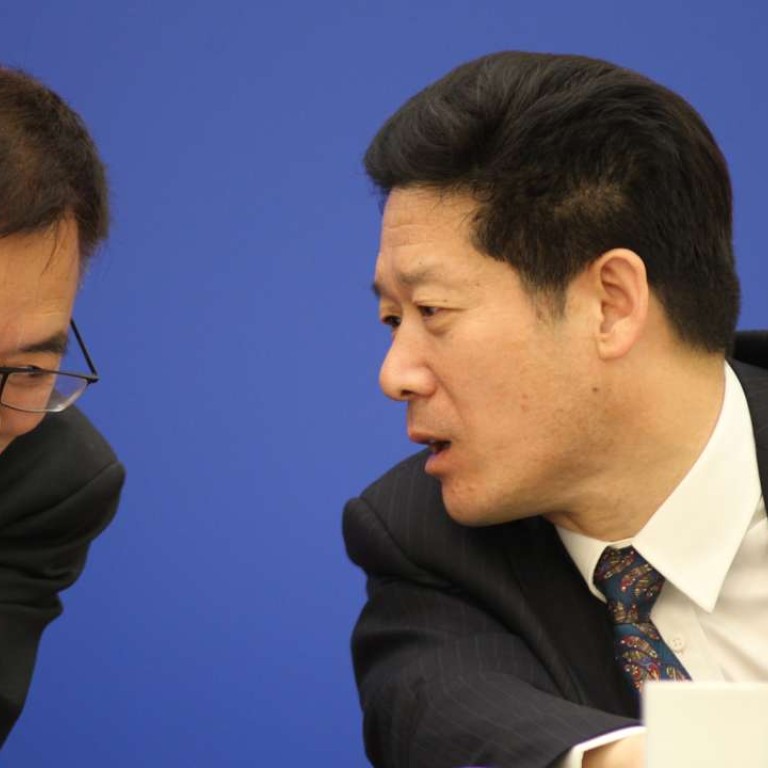
China passes law giving police sweeping powers over foreign NGOs
Legislation aimed at ‘facilitating’ activities of the majority and dealing with a ‘illegal’ minority, says Beijing, but critics say it will limit operations
The mainland on Thursday passed a controversial law governing foreign non-governmental organisations that grants police huge powers to regulate the groups.
Officials say the Law on Domestic Activities of Overseas Nongovernmental Organisations will “facilitate” their activities.
The law, which will come into effect on January 1, 2017, stipulates that all foreign NGOs must register with and obtain approval from the police rather than with the Ministry of Civil Affairs like their domestic counterparts.
Foreign NGOs with temporary projects are to seek approval and register with police as well. Nearly 10,000 foreign NGOs are present on the mainland, authorities say.
The law lists fields in which foreign NGOs will be allowed to work, including economics, education, science and technology, culture, health, sports, environmental protection, disaster and poverty relief, and “other areas”.
The Ministry of Public Security will draft a catalogue defining the areas foreign NGOs will be allowed to work in and how to register temporary projects.
Hao Yunhong, director of the Ministry of Public Security’s Foreign NGO Management Office, said many fields would be included in the catalogue and that the ministry held an “open, tolerant, active and supporting attitude” towards foreign NGOs.
“But for those supporting or orchestrating illegal activities in China, we would certainly deal with them in accordance to the law,” Hao said.
Guo Linmao, an official with the National People’s Congress Standing Committee’s Legal Affairs Commission, said the law was an affirmation of foreign NGOs’ contribution to China. Yet it also bore in mind the “small number” that conducted “illegal and criminal” activities, and empowered police to deal with them.
He said the law granted police the powers because they were already handling foreigners’ activities and immigration.
Foreign governments and NGOs have criticised the law as limiting the NGOs’ operations.
“Despite a number of improvements, the law does not dispel our concern that it could make cooperation with German partners more difficult in the future,” said the German ambassador to China, Michael Clauss.
“The law continues to focus strongly on security and contains numerous approval and documentation requirements, as well as other norms restricting activities.
“For this reason, Germany would have welcomed ... another opportunity for consultations.”
Lu Jun, founder of Yirenping, which campaigns on health and employment, said the law would “damage the course of charity and public interest in China severely”.
Human Rights Watch said the law was developed during a period of growing government hostility towards civil society, and feared it would limit local groups’ access to foreign funding and work with foreign organisations.
“Civil society groups have been one of the only human rights success stories in China in recent years, and their survival is crucial for the country’s future,” Sophie Richardson, China director at Human Rights Watch said.
“So long as repressive restrictions are imposed on some parts of civil society in China, all organisations remain at risk.”

